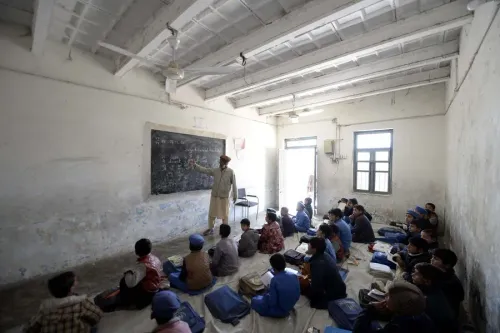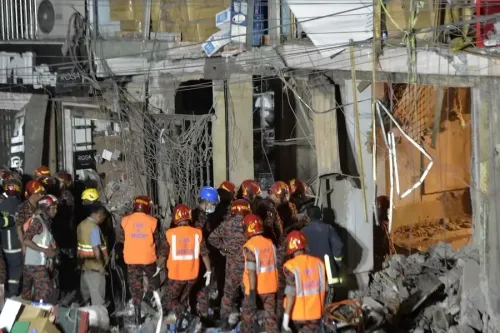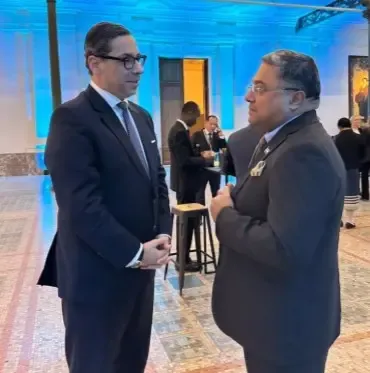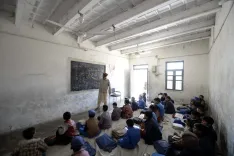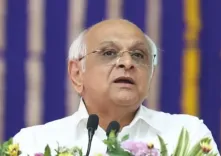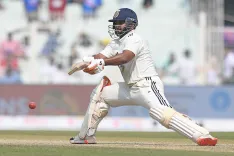Is Pakistan a Rogue State That Can Never Be Trusted?
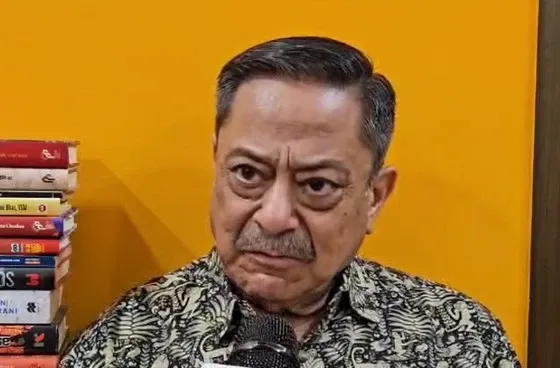
Synopsis
Key Takeaways
- Pakistan's actions reflect those of a rogue state.
- India has adopted a more assertive military stance.
- National unity is stronger under current leadership.
- Ceasefire violations have been frequent and blatant.
- Responses to aggression are now viewed as acts of war.
New Delhi, May 11 (NationPress) In light of recent ceasefire breaches by Pakistan, retired Indian Army officers, Lt Col Anil Bhatt and Major General P.K. Sehgal, have strongly condemned Islamabad’s aggressive tactics, asserting that Pakistan is indeed a rogue state that cannot be relied upon.
Lt Col Anil Bhatt (Retd) sharply criticized Pakistan’s continuous violations of the ceasefire agreement, comparing its actions to those of a “rogue nation.”
He stated, “They have been caught lying numerous times. It’s often said, although I hesitate to use the term, that it resembles a dog’s tail that can never be straightened. This reflects the behavior of the entire rogue state. Such a country is referred to as a 'rogue state.' Just like a crooked dog’s tail remains crooked, their behavior remains unchanged.”
Emphasizing India's strong counter-responses, he mentioned, “We destroyed nine terrorist bases in Pakistan, leading to their attacks on us. We retaliated decisively, showcasing our air defense capabilities. Pakistan never intended to uphold the ceasefire; they are always looking to initiate conflict. Their army chief is seeking another term amidst a collapsing situation, prompting them to resort to fighting.”
Major General P.K. Sehgal (Retd) shared similar views, noting a significant shift in India’s strategy under current leadership.
“For the first time in our nation’s history, justice has been served. In the past, under the UPA government, there was indecision, weak leadership, and a lack of political resolve. Today, there is a clear political will and national unity, both in Kashmir and across India,” he remarked.
Regarding the ceasefire violations, Maj Gen Sehgal revealed, “Yesterday evening, their DGMO contacted India’s DGMO around 3:35 p.m., and by 5 p.m., the ceasefire was supposed to take effect. Yet, within just three hours, Pakistan violated the ceasefire in several regions, including Srinagar, Jammu, Punjab, Rajasthan, and Gujarat. Drones were spotted in Srinagar, and four of them were shot down. Pakistan has blatantly violated the ceasefire.”
He further stated that India’s new stance signifies a paradigm shift: “India has firmly declared that any act of conspiracy or violence stemming from Pakistan will be treated as an act of war. Just as we responded decisively to the incident in Pahalgam, India will take strong and assertive action.”
Discussing the recent military operations, Maj Gen Sehgal noted, “This entire operation lasted about 100 hours, during which India decisively defeated Pakistan. Almost all major airways in Punjab, Pakistan-occupied Kashmir (PoK), and Sindh were destroyed, and their air defense infrastructure was entirely bypassed.”
Despite the ceasefire announcement by both India and Pakistan, the Pakistan Army violated it on Saturday evening in several locations, including Akhnoor, Mendhar, R.S. Pura, Chamb, Bhimber, and Gurez sectors, with loud explosions also reported in Srinagar.

